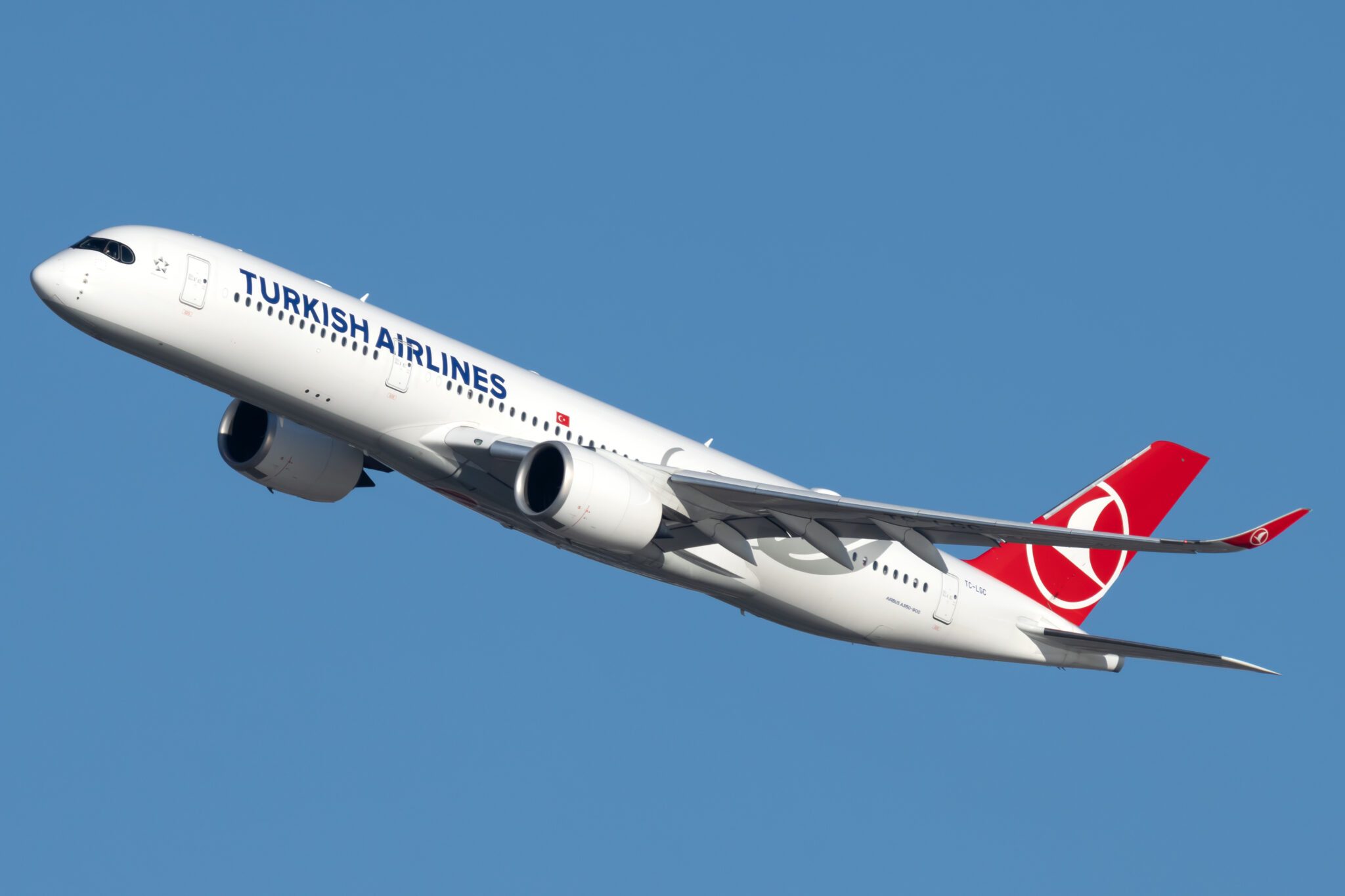Why Doesn’t Turkish Airlines Have Premium Economy? We Ask the Chairman

Skift Take
It's a concept that’s more than 30 years old, but the airline industry still can’t decide if premium economy is a good idea.
First rolled out by Taiwan’s EVA Air on transpacific routes in the early 1990s, this mid-range cabin can now be found at dozens of carriers around the world.
From Qantas to Cathay Pacific, Air New Zealand to Austrian Airlines, the hybrid offering is big business on many long-haul routes. Last year, Germany’s Lufthansa even went so far as to describe premium economy as its most profitable cabin.
Emirates, Finnair, and KLM have all joined the premium economy club in the past two years. But not everyone is on board.
Turkish Airlines is one of a narrowing list of carriers to resist the temptation. Asked by Skift if he could categorically rule out its introduction, Turkish Airlines chairman Ahmet Bolat was unequivocal: “We will not have a premium economy product.”
Why Doesn't Turkish Airlines have Premium Economy?
The rationale behind Bolat’s decision is robust. Turkish Airlines experimented with premium economy but scrapped the option in 2016.
“You might remember in the old days we had premium economy on our Boeing 777s. It was meant for business travelers who couldn’t afford business class seats. However, nowadays the price we set for our business class is very affordable, so there is no need really for a premium economy,” said the chairman.
In an industry where standardization is prized, having a small number of aircraft fitted with an entirely distinct class and cabin caused headaches. Turkish prides itself on flying to more countries than any other airline (130 at the last count) but a huge network can make it less nimble. This is particularly problematic with a high proportion of its passengers connecting via the airline’s Istanbul mega-hub.
Speaking to Skift on the fringes of the Farnborough Airshow in the U.K, Bolat suggested that the future shape of the airline’s fleet also played a role in the decision. “The Boeing 777 is a huge aircraft with 350 seats, so we really had space for a premium economy experience, but it didn’t work out.
“Look at the [Boeing] 787 - how many seats do you have? 270 in economy and 30 in business class. If you start another segmentation, the number of economy seats will become smaller. For us, that’s a concern. Moving forward, our [widebody] network will mainly be Airbus A350s and Boeing 787s. With that fleet mix, we don’t really see a value for premium economy.”
A Fear of Cabin Cannibalization?
When airlines started installing premium economy, some feared its lounge-style seats and higher-end food and beverage options could cannibalize traditional business class. But most airline insiders asked by Skift confirm that has not happened. Instead, they say premium economy pulls passengers from economy class.
A well-placed industry source described the cabin as “a goldmine” for his airline. He highlighted corporate travel bookers as a key factor, with many businesses allowing staff to travel in premium economy, but not business class.
In practice, this means many corporations are trading up from placing an employee in the ‘best’ economy seat to booking them in premium economy.
Turkish Airlines’ New Business Class
Don’t mistake Bolat’s comments about cabin simplicity for a lack of sophistication. At Farnborough, the carrier soft-launched an all-new suite. Branded as ‘Crystal Business Class’, the seats will make a long overdue upgrade to Turkish Airlines’ top-tier product.
The airline is promising “unparalleled comfort”, with direct aisle access for all passengers, a sliding door for improved privacy, and a 76-inch lie-flat bed.
While many of these elements have become industry standard in recent years, Turkish is hoping that its extensive network, competitive pricing model, and quality onboard service will help it not only secure but seize market share.
With the United States a key growth area for the airline, expect Crystal to launch on flagship transatlantic routes towards the end of 2026.
Airlines Sector Stock Index Performance Year-to-Date
What am I looking at? The performance of airline sector stocks within the ST200. The index includes companies publicly traded across global markets including network carriers, low-cost carriers, and other related companies.
The Skift Travel 200 (ST200) combines the financial performance of nearly 200 travel companies worth more than a trillion dollars into a single number. See more airlines sector financial performance.





